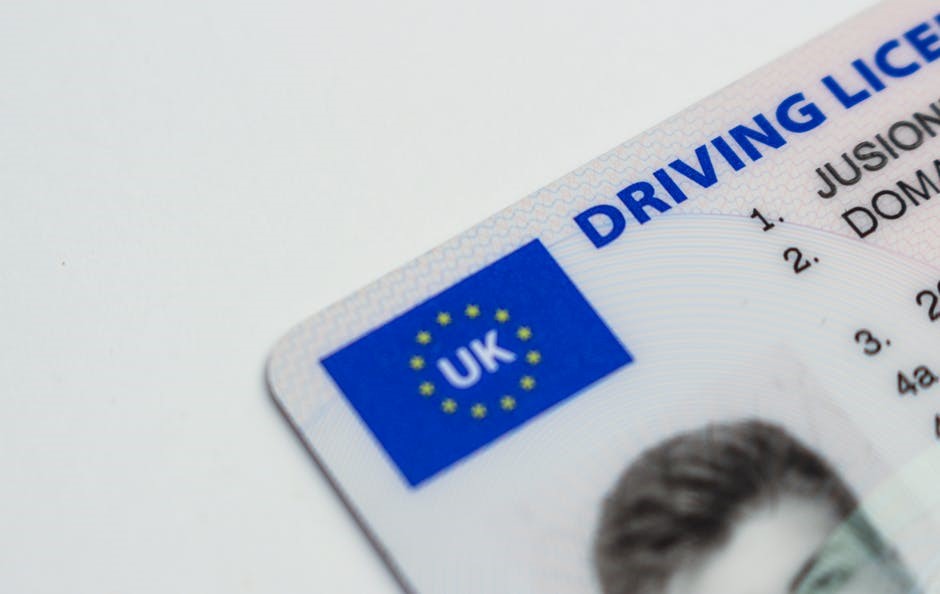What Are the New DBS ID Checking Guidelines?
Since the beginning of 2018, there have been new rules on ID checking. This week, the DBS notified us that the identity checking guidelines for standard and enhanced checks have been updated too.
Discover the latest developments from the DBS summarised below.
How Have the DBS Identity Checking Guidelines Changed?
The Disclosure and Barring Service has revealed new guidelines will run in parallel with existing ID rules from 3rd September 2018 until 3rd December 2018, when existing guidelines will be fully-replaced.
This means whether you’re requesting a basic, standard or enhanced check, the following now applies:
1. Live video links can now be used as an alternative to face-to-face examination of documents.
2. Irish Passport Cards have been added to Group 2b.
There have also been changes for non-EE applicants, including:
• A Permanent Residence Card issued by the Home Office to the family member of a national of a European Economic Area country or Switzerland can now be used.
• As can a Positive Verification Notice issued by the Home Office Employer Checking Service to the employer or prospective employer, which indicates that the named person may stay in the UK and is permitted to do the work in question.
Lastly, a passport is no longer required as an additional item for the following three documents:
• A current Residence Card (including an Accession Residence Card or a Derivative Residence Card) issued by the Home Office to a non-European Economic Area national who is a family member of a national of a European Economic Area country or Switzerland or who has a derivative right of residence.
• A current Immigration Status Document containing a photograph issued by the Home Office to the holder with a valid endorsement indicating that the named person may stay in the UK, and is allowed to do the type of work in question, together with an official document giving the person’s permanent National Insurance number and their name issued by a Government agency or a previous employer.
• A current Immigration Status Document issued by the Home Office to the holder with an endorsement indicating that the named person is allowed to stay indefinitely in the UK or has no time limit on their stay in the UK, together with an official document giving the person’s permanent National Insurance number and their name issued by a Government agency or a previous employer.
Get Guidance on DBS Checks and Identity Requirements from CBScreening
If you will be submitting a number of criminal record check applications on behalf of your organisation soon, please do not worry about these ID guideline updates. Our friendly and experienced team are on-hand to talk you through the process, ensure you are clear on the changes, and to ensure the process is as efficient and stress-free as possible. Get in touch today to learn more.
back to news
DBS Eligibility Changes: What Do They Mean for You?
On Friday 24th August 2018, the Disclosure and Barring Service informed us that it is making some changes to the eligibility guidance published online regarding DBS checks. Find out what’s changing and how it will affect you here.

Manage the risks of holding credit card information.
Are you a business that holds credit card and other monetary information? Then this blog post is for you!

Let’s get back to basics – What you need to know background screening.
At CBS, background screening is at the heart of what we do, so in this blog post we wanted to go back to basics and discuss everything you need to know about background screening.

 Contact Us
Contact Us
